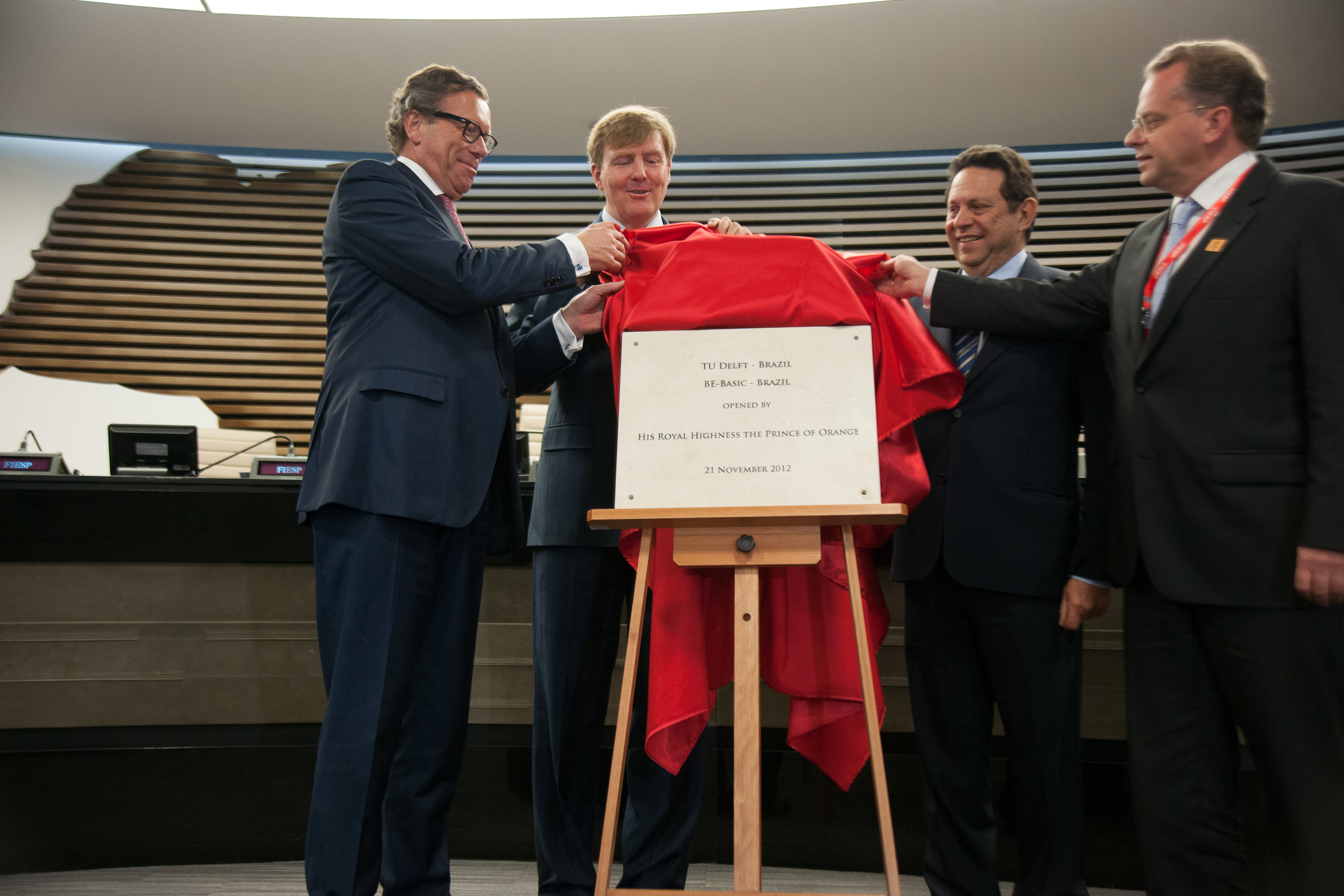Science without borders may be the motto of TU Delft this decade. Over the past few years, the university has developed ties with academic institutions across the world in a bid to share knowledge, facilitate research and build a strong international reputation.
Foremost among partnering countries are China and Brazil, with whom the university has set up collaborative institutes. In November 2012, four new centres opened officially in China, each dedicated to a specific area of study. The centres are the TU Delft-Beijing Research Centre, Wuhan University-TU Delft Joint Research Centre on Spatial Information, Scut- TU Delft Joint Research Centre on Urban Systems & Environment and Hohai-TU Delft Water Research Centre. The same month, TU Delft opened a permanent office at the University of Campinas in Brazil in collaboration with the BE-Basic programme.
“Knowledge is essential for the growth of any economy and that of the world. A small country like the Netherlands can only generate part of the knowledge and a single university can only play a limited role. Which is why, it is important to be able to share knowledge on a larger platform,” says Professor Kees Beenakker, director TU Delft- Beijing Research Centre (BRC). While the two countries signed a memorandum of understanding in 2011, their office in the Institute of Semi Conductors of the Chinese Academy of Science actually opened last year. ”One of the first things we bought was a coffee maker,” he quips.
Dr. Sau Koh, the coordinator of the BRC, calls this a ‘win win partnership’. “TU has a great track record in research and China is currently the epicentre for the SSL industry. This will enable the rapid development of innovative and relevant LED applications,” says Koh.
Investing heavily
The tie-up with Brazil offers to be equally advantageous. Brazil has been active in biobased research for ethanol production for energy for the past 30 years. Recently, the federal government announced a program for 75,000 international scholarships including this area. In addition, the State of Sao Paulo is investing heavily in research in bioenergy. “Not only do they have a strong scientific basis and activity in the field of bioenergy, they also have the biomass resources and are investing strongly in R&D in this field.” says Professor Patricia Osseweijer, Flagship Manager of BE-Basic.
While collaboration had been on-going for years, in 2010, BE-Basic and the research organisation in State of Sao Paulo, Fapesp, formalized their relationship by launching a program for joint research projects. On November 21, 2012, King Willem-Alexander (then Crown Prince) officially opened the Brazilian office of TU-BE Basic at the State of Sao Paulo.
“We are also looking at multidisciplinary research projects. For instance, we work with a group researching remote sensing linked to sustainability and have joint projects on a range of subjects from bioprocess technology to synthetic biology,” says Osseweijer.
International collaboration requires a lot of travel. Beenakker travels to China about five times a year. He feels one of the critical things right now is to sustain the standard of quality that has been set. “We are very happy about the way things have started and the quality of students that are participating. We are sure things will only get better,” he says.



Comments are closed.